
I am SUCH a coffee lover. Coffee is the way I start my work day and it’s one of my favorite parts of my morning routine. My family knows that it’s always better to let me have just one sip in silence before the day gets going. But coffee, just like anything, can be too much of a good thing and can vary in just how toxic the whole process is. Finding a plastic free coffee maker and eco-friendly coffee accessories is such a great way to clean up your coffee making routine.
And believe me, I do know that I could probably indulge in a healthier morning beverage, but I also know I could make my coffee drinking habit much less healthy by adding sweeteners and creams. I am a firm believer in doing what is best for you and your family, and I will always encourage that belief here. I am in no way a model for a completely holistic or toxin free home, but I always try to think about how I can tweak my habits and lifestyle to be just a little bit healthier.
Coffee, I feel like, falls right into this category for me. I try to make it as healthy as possible, even though there’s healthier choices. It’s the same with so many areas of my home, in fact. If I can’t change something right away, I just make it as healthy as it can be while the toxic product or material is still in my home.
A healthy home is all about creating a space that really works for your lifestyle. Sometimes we do need to reassess that lifestyle, but for the most part, adjusting our habits to fit our needs is how to do it. Even just small changes can add up to reduce a lot of toxins. And when it comes to coffee, you can reduce toxins by using a plastic free coffee maker, avoiding toxins in travel mugs and looking for fair trade coffee to brew.
The kitchen is one of my favorite places to get rid of toxins, and coffee makers are no exception. Because coffee makers are often used daily and coffee can be consumed frequently, it’s a great place to cut out toxins for good.
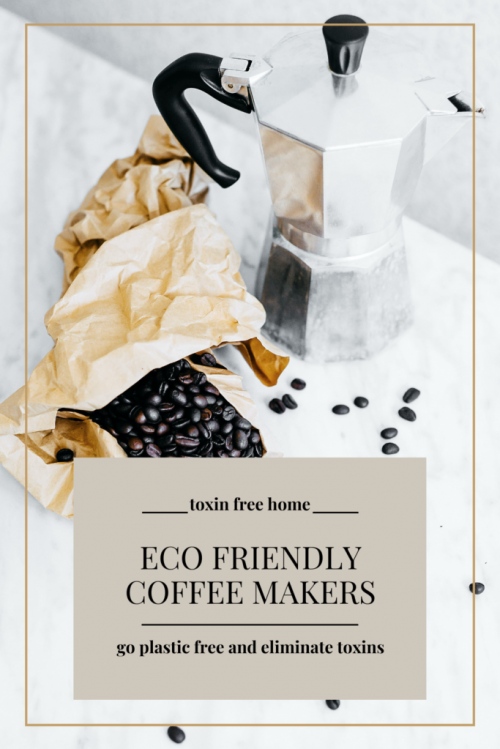
PLASTIC AND BEVERAGES
If you are a coffee drinker, you know that the typical coffee maker can get REALLY hot, all around the appliance, not just the carafe. One of the most important things to remember about plastics and food is that heat causes plastic toxins to leach into food at a MUCH faster rate.
Another important thing to remember is that the coffee maker itself is likely made with BPA, a bisphenol toxin. While BPA is generally avoided in containers we consume food and beverages out of, the coffee maker itself probably isn’t BPA free if it’s plastic (which most are).
BPA is a toxin that disrupts the endocrine system and hormone production in otherwise healthy individuals. This disruption to normal hormone production can go on to increase the risk of cancer, lead to infertility issues and cause high blood pressure. (SOURCE) (SOURCE)
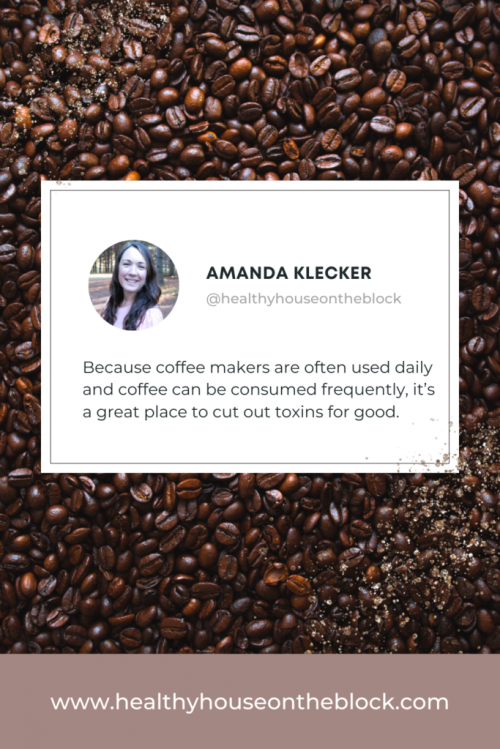
You might think that finding a plastic but BPA free coffee maker is the ticket to healthier coffee. And unfortunately, while we’ve been led to believe this is a better plastic option, there are still other bisphenol toxins used in the plastics. Bisphenol toxins are highly unregulated aside from BPA and many of them have the same characteristics and toxic issues as BPA.
The extremely high temperature that coffee brews at is one of the reasons coffee makers can be such a source of toxins at home. Any plastic part the hot water or coffee comes in contact with will leach BPA and other bisphenol toxins into your beverage.
Automatic coffee brewers are probably the BIGGEST culprit for plastic coffee makers and if you use k-cups, there’s even more concern as the plastic is thin and flimsy. While k-cups are BPA free, they are still using other bisphenol toxin replacements. Your hot water is going right through that plastic little cup and into your coffee mug, including toxins.
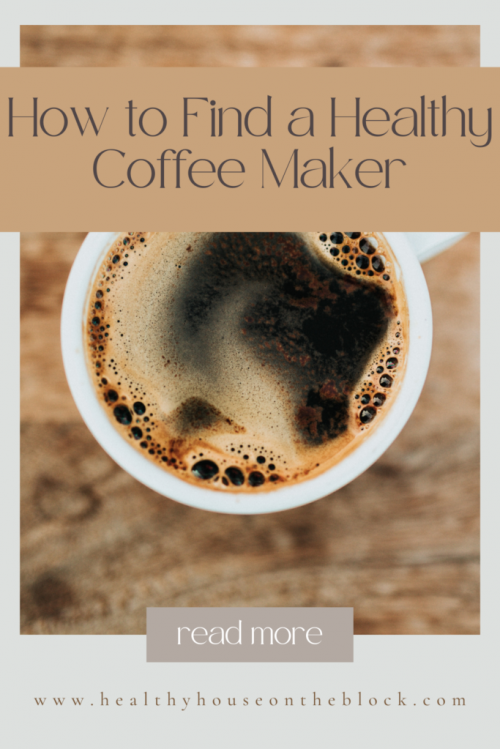
HOW TO FIND AN ECO FRIENDLY COFFEE MAKER
The light here is that there are eco friendly and plastic free options for any type of brewing. You don’t even have to change that much of your morning routine when it comes to your cup of joe. Finding a plastic free coffee maker is easier than you might think, and I’m going to show you just how to do it.
Find glass or stainless steel carafe: Most carafes are either glass or stainless steel, but finding one that contains almost no plastic can be tricky to find. Look to make sure the spout and drip top are free from as much plastic as possible. Anywhere your coffee touches plastic, even BPA free plastic, should be avoided.
Look for stainless steel drip basket and internal parts: The drip basket is often forgotten about, but because the piping hot coffee runs right through it, you want to avoid plastic if at all possible. There are some great options out there that are plastic free coffee makers, but you might have to hunt for them. Before you buy a coffee maker at the store, take a peek to make sure the internal components aren’t plastic.
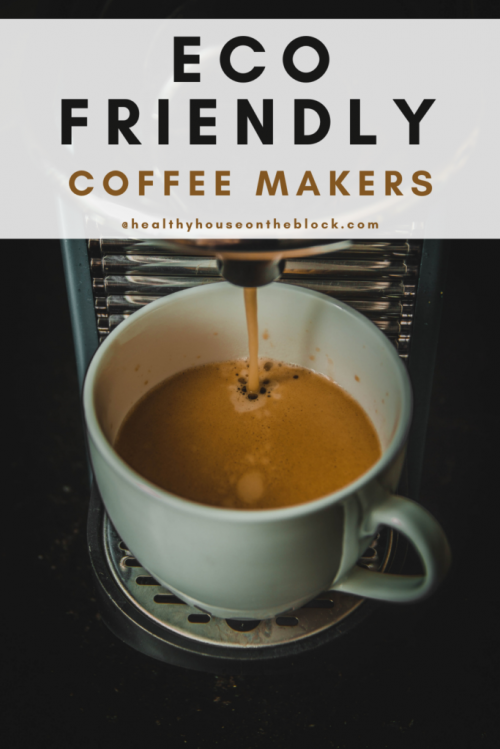
Try french press or pour over coffee: If you’re willing to make a slight adjustment to your morning routine, you can try french press coffee (one of my personal favorites!), or pour over coffee. These options have SO Many more plastic free coffee maker options because there are just fewer parts involved. Of course you’ll want to make sure you use a toxin free tea kettle too, but overall it’s a much healthier way to brew coffee.
If you’re using a single use coffee maker, use stainless steel reusable k-cups: If you’re using an automatic coffee maker that is for single use k-cups, I recommend using a reusable stainless steel k-cup, like this one. You can then fill it with your own fair trade coffee to ensure it’s the healthiest cup of coffee you can brew.
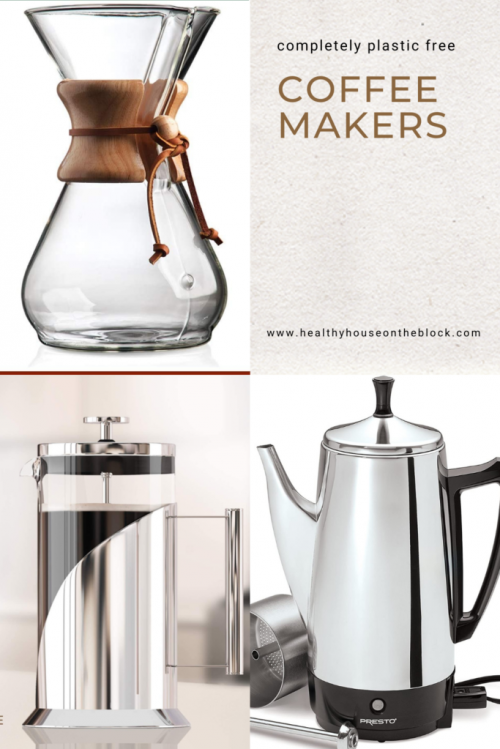
MY FAVORITE PLASTIC FREE COFFEE MAKER OPTIONS
PLASTIC FREE TRAVEL MUG & ACCESSORIES
When a hot beverage is poured into a disposable cup, it becomes contaminated with tiny microplastic particles in just minutes. This is due to the direct contact of the beverage with the plastic lining on the paper cup. (Indian Institute of Technology Kharagpur)
FAIR TRADE COFFEE FROM ETHICAL BRANDS
I love shopping at Thrive Market for Fair Trade coffee that doesn’t break the bank. They have so many options from ethical companies and I have to say it has been some of the BEST coffee I’ve brewed at home.
Do your best to stay away from decaf coffee, as that can actually have more chemicals in it due to the process they use to remove caffeine.
It’s also best to purchase whole bean coffee and grind it yourself. Not only does it just taste better, but you have more control over the items in your own kitchen and what the coffee could come in contact with.
A few good certifications you can look for when purchasing coffee:
- Fairtrade
- USDA Organic
- Rainforest Alliance
And finally, stick to arabica beans (which generally have fewer mycotoxins) and dark roast (which also has fewer toxins and less caffeine).
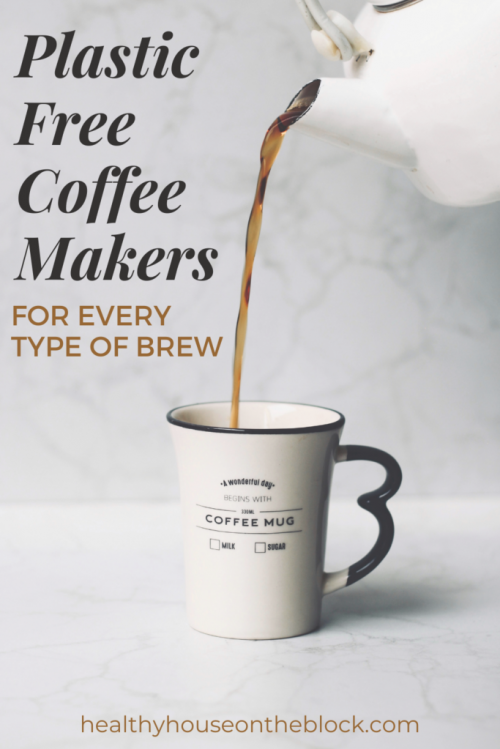
Below are a few of my absolute favorite coffees (that are safe and affordable!):
- Kion Clean Coffee
- Kicking Horse Organic Kick Ass Coffee Beans
- Aldi’s Simply Nature Organic (Honduras)
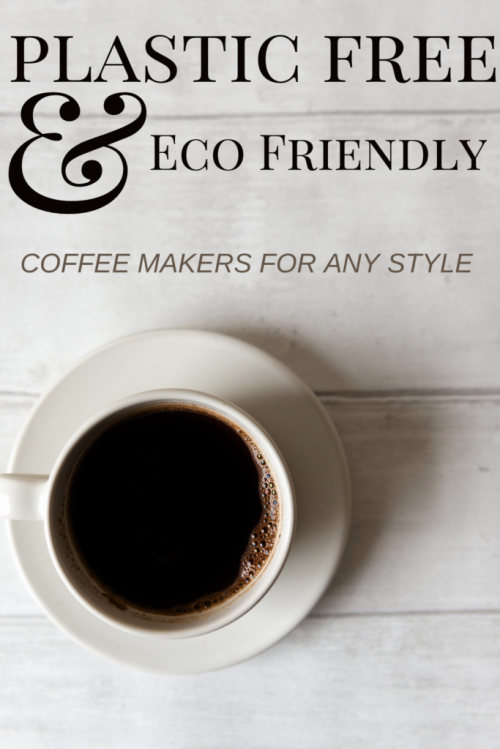

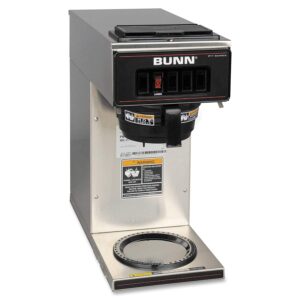




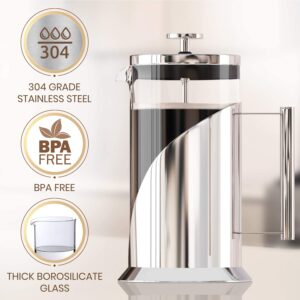





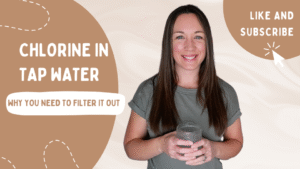

Any coffee grinders that you can recommend ?